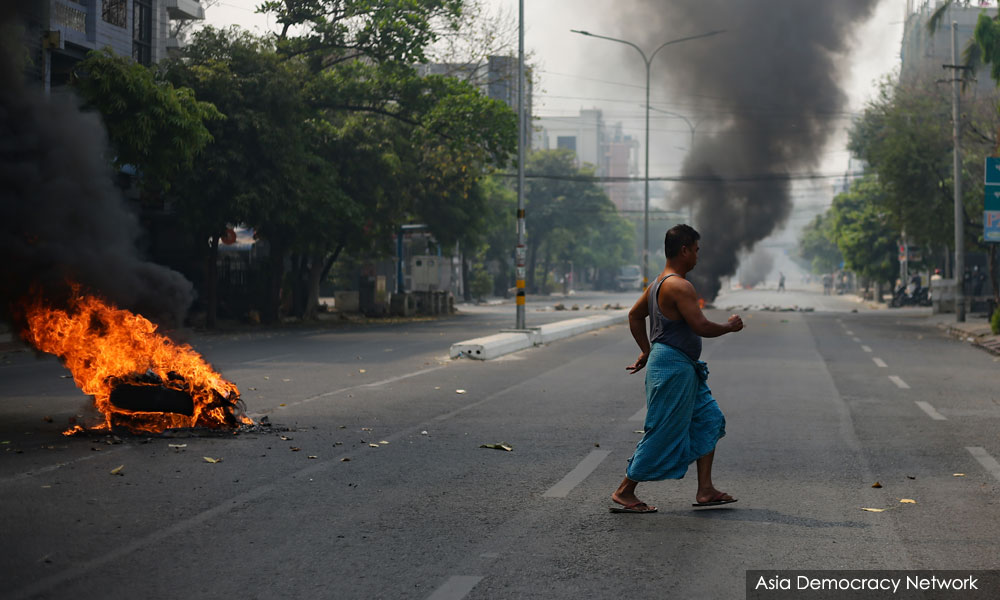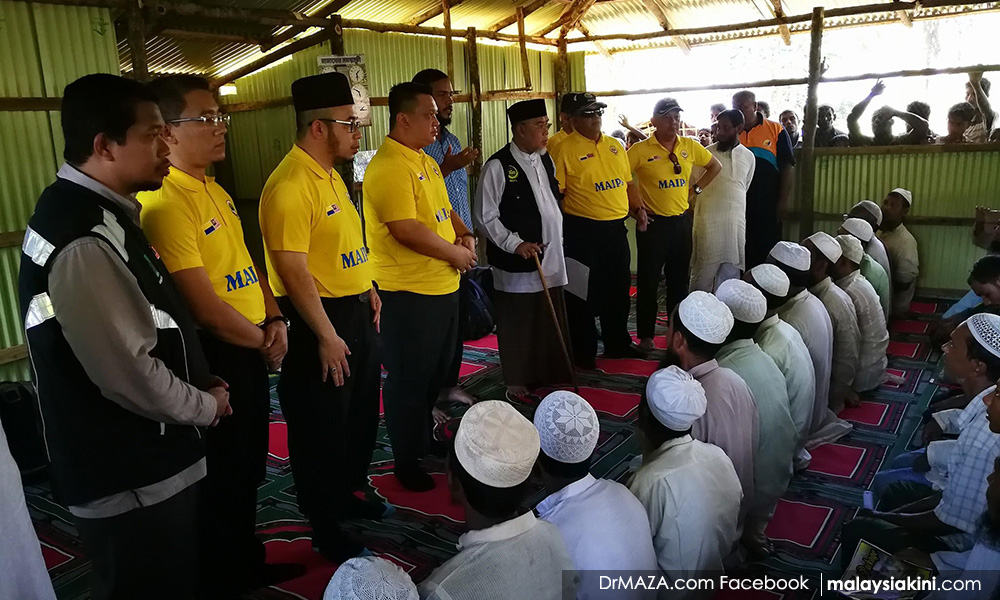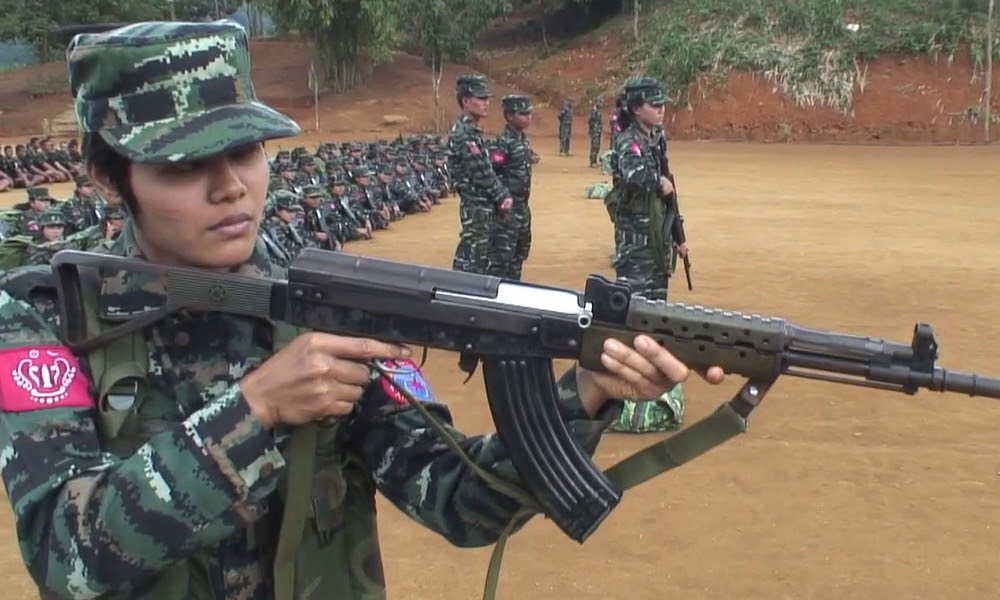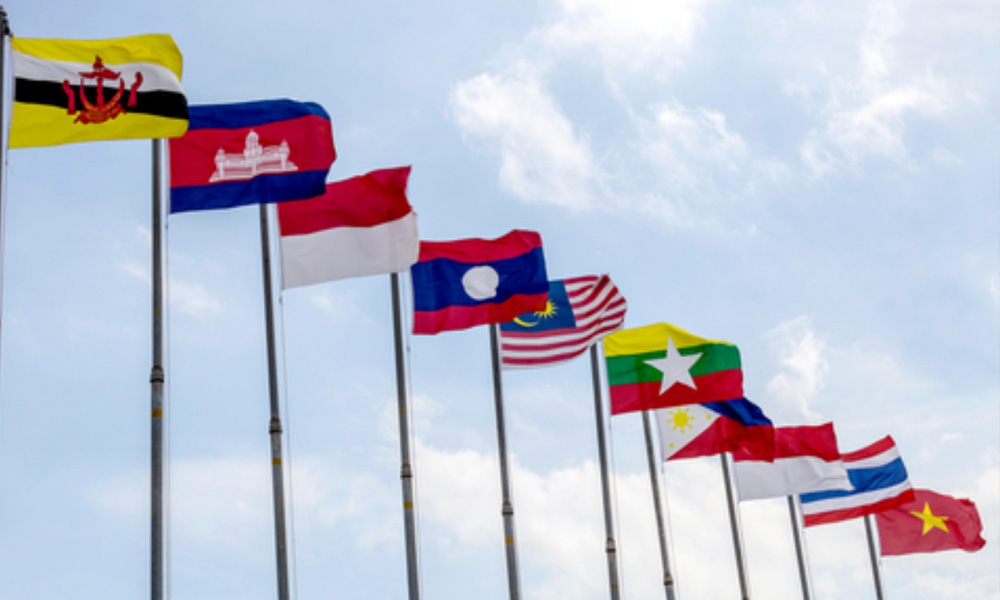LETTER | We express our deep concern over the ongoing Rohingya crisis and the lack of a comprehensive and coordinated regional response to protect refugees in Southeast Asia.
As the situation continues to deteriorate, we call for immediate action from Asean and the international community.
Current situation
Nearly seven years after the mass exodus of Rohingya from Myanmar which has seen a resurgence of the conflict since November 2023, decades of persecution and conditions for Rohingya have continued to deteriorate.
The complete lack of durable solutions and comprehensive and coordinated approaches to building a regional protective environment for the Rohingya reflects and reinforces a normalisation of violence against and marginalisation of Rohingya in every context.
This is true in Rakhine state in Myanmar, in the camps in Bangladesh, on dangerous boat journeys onward in search of life and liberty, in immigration detention centres and in the struggle for basic human rights in every aspect of their lives.
The crisis has become protracted and responses to it remain chronically underfunded.
As of August this year, the joint response plan in Bangladesh, which supports the basic humanitarian needs of over 1,006,574 Rohingya refugees in Cox's Bazar and on the island of Bhasan Char, is only 40 percent funded.
The humanitarian response plan in Myanmar, including Rakhine State, has received funding of only 28 percent with only 40 percent of people reached.

This lack of funding has led to dire consequences. While it is commendable that from June, there has been a rise in entitlement from US$10 (RM42.19) to US$11 (RM46.40) per person per month in Cox’s Bazar camps, it is still far from reaching the full ration target of US$12.50 (RM52.73).
The cuts of 2023 have increased hunger and insecurity, driving more Rohingya, who have very limited livelihood opportunities in the camps to flee again, embarking on risky boat journeys.
Haphazard living conditions
The Rohingya refugees in the camps are extremely vulnerable to a variety of natural hazards, including flooding, landslides, fire outbreaks, cyclones and the adverse impacts of climate change.
As funding declines, the capacity of the humanitarian community to respond to these emergencies and prepare for the increasing frequency and intensity of natural disasters is increasingly strained.
These incidents, combined with increased violence by armed groups and a lack of livelihood and education opportunities, have driven large numbers of Rohingya to undertake risky journeys by sea.
In the last weeks of 2023 and early 2024, the pace of boat arrivals and the number of individuals disembarking in Indonesia rapidly increased.
From mid-November 2023 to date, 15 boats carrying 2,026 Rohingya refugees (73 percent of whom are women and children) landed in Aceh and North Sumatera.

While many have since departed Indonesia, 1,175 remain in informal and temporary accommodation in Aceh, North Sumatera and Riau Provinces. The United Nations High Commissioner for Refugees (UNHCR) has obtained only 11 percent of the US$2.2 million (RM9.2 million) in funding needed for the 2024 Rohingya boat response.
The response remains critically underfunded, and more support is needed to scale up assistance in the sites and to respond to anticipated Rohingya boat arrivals in the coming months. The deaths of 569 individuals who had embarked on these perilous journeys in 2023 were the highest reported figure in the last decade.
The crisis in Myanmar continues to escalate. According to recent official UN figures, since the coup on Feb 1, 2021, at least 5,350 civilians have been killed, more than 3.3 million displaced and over half the population is living below the poverty line, primarily due to military violence.
Armed clashes between the military and Arakan Army continue to impact the lives of Rohingya civilians. There have been several instances of setting fire to buildings throughout major townships, including Rohingya homes and public buildings, where large numbers of displaced Rohingya were sheltering.
Witnesses have described extensive displacements in Buthidaung and Maungdaw townships after the Arakan Army began firing on Rohingya civilians.

The Office of the United Nations High Commissioner for Human Rights (OHCHR) report finds that nearly 27,400 individuals have been arrested in Myanmar since the coup, with arrests on the rise since the military’s implementation of mandatory conscription in February 2024.
Credible sources indicate that at least 1,853 people have died in custody, including 88 children and 125 women. Many of these individuals have been verified as dying after being subjected to abusive interrogation, other ill-treatment in detention or denial of access to adequate and timely healthcare.
Unending crisis
The recent escalation of violence, including drone strikes and torture, coupled with continued persecution and forced displacement, has exacerbated the Rohingya crisis.
Yet despite condemnation, concrete initiatives to address root causes or protect civilians remain notably absent.
Given the escalating violence and entrenched violation of human rights and discrimination that remains largely unaddressed, the alarming conditions in the camps and in Myanmar are deeply concerning.
Khair Ullah, human rights defender, refugee advocate and a member of the Asia Pacific Refugee Rights Network (APRRN) Rohingya Working Team said, “We are not asking for much - only the right to live freely, to be counted among humanity, and to nurture the dreams of our children in a world that sees, hears, and understands our pain.
“In a world that turns a blind eye to our suffering, our cries for freedom and justice go unheard, echoing in silence as we long for the dignity and peace that has been denied to us for far too long.”
The crisis is further compounded by rising xenophobia in many host countries where misinformation campaigns have fuelled violence towards Rohingya communities.
M’sia must do more
Xenophobic responses have particularly been an issue in Malaysia, where rights groups have implored the government to take a stand against xenophobic social media campaigns targeting Rohingya. Leadership from Malaysia on this issue is critical as it prepares to take on the Asean chair.
We recognise that no one state or stakeholder can solve the Rohingya crisis alone. A coordinated and comprehensive regional response is urgently needed to address this ongoing humanitarian catastrophe.
As a key regional cooperation mechanism, Asean must show leadership in developing localised solutions that protect the human rights and dignity of all Rohingya people.

All Asean member states bear responsibility for perpetuating this crisis by not abiding by their obligations under customary international law in relation to all refugees, including the obligation of non-refoulement; through silence and neglect, and through a failure to share responsibility and failure to uphold the Principles of the Charter.
The Rohingya crisis demands a comprehensive, coordinated regional response, and Asean is uniquely positioned to lead this effort. This humanitarian catastrophe affects the entire South and Southeast Asian region's stability and prosperity.
By taking decisive action, Asean can fulfil international obligations, uphold its charter's principles and demonstrate global leadership in refugee crisis management.
While the crisis originated in Myanmar, its resolution requires a collective effort from all member states. This is Asean's opportunity to alleviate suffering, strengthen regional integration, enhance its global standing and set an example of humanitarian leadership.
We urgently call upon Asean and its member states to:
Establish a regional protection framework guided by the Bangkok Principles to ensure human rights-based responses to refugee crises.
Implement a clear roadmap for the Five-Point Consensus on the situation in Myanmar including the Rohingya, with a special focus on concrete actions and timeframes that address the root causes of the protracted crisis.
Design and implement domestic laws that are aligned with the protection standards and rights set out in the UN Refugee Convention of 1951 and its 1967 Protocol.
Cease arbitrary arrests and detention of Rohingya and other refugees.
5. Explore and pursue all possible durable solutions, including complementary legal pathways, increased resettlement, work rights and access to education and livelihoods.
Include refugee rights education in national school curricula to promote acceptance and understanding.
Combat xenophobia and meaningfully include Rohingya in policy and decision-making processes
Recognise the term “refugee” in Asean deliberations and develop a regional refugee protection policy.
Strengthen regional collaboration for search and rescue operations at sea and disembarkation.
Review the Asean Charter, particularly the non-interference principle, in light of human rights concerns and the prevention of genocide.
To the international community:
Increase funding for humanitarian responses in Bangladesh and Myanmar to address the critical shortfall.
Increase funding for human rights and humanitarian NGOs in Asia who work on Rohingya issues
Support Asean's efforts to develop a regional protection framework and share global best practices.
Expand resettlement opportunities for Rohingya refugees.
The views expressed here are those of the author/contributor and do not necessarily represent the views of Malaysiakini.

